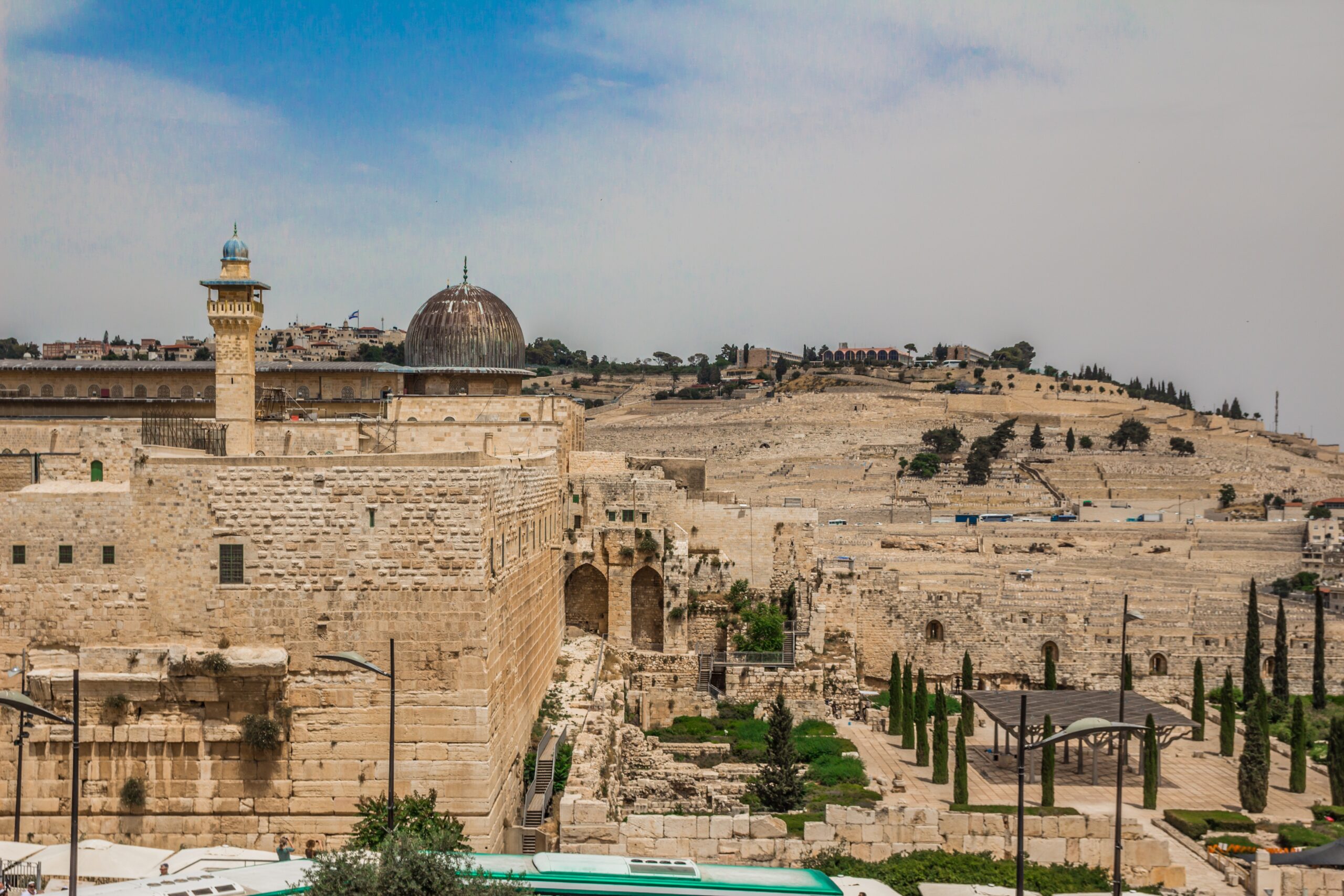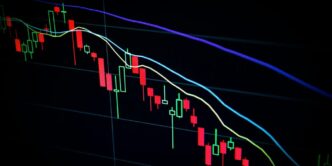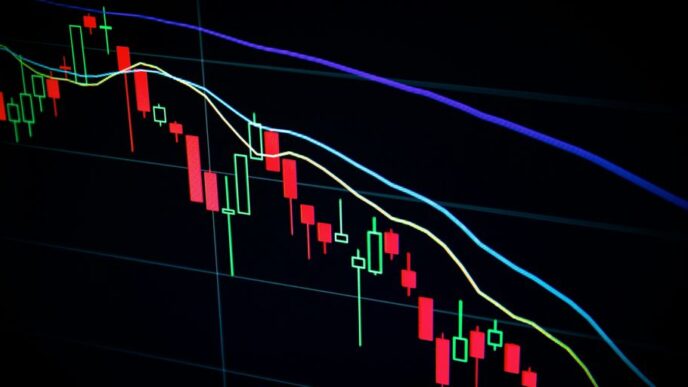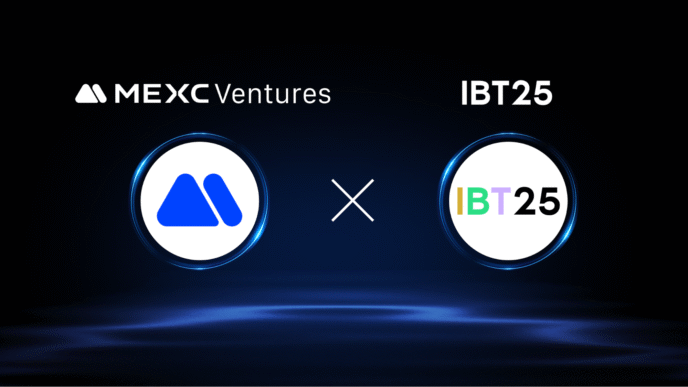Introduction
Israel, a nation at the crossroads of the Middle East, has a multifaceted condition shaped by its history, politics, society, and economy. In this article, we will delve into the current state of affairs in Israel, examining its political landscape, social dynamics, and economic challenges.
Political Landscape
Israel’s political landscape is marked by complexity and nuance, reflecting the diverse opinions and interests within its borders. Several key factors define its political condition:
- Elections and Coalition Government: Israel operates under a parliamentary system, resulting in frequent elections and coalition governments. This can lead to political instability as coalition partners often have differing agendas.
- Security Concerns: The Israeli-Palestinian conflict continues to influence political decisions. Security concerns and negotiations for a lasting peace settlement play a central role in the nation’s political agenda.
- International Relations: Israel maintains complex relationships with neighboring countries and global powers. Diplomatic relations, security cooperation, and geopolitical alliances are critical factors in shaping the nation’s political condition.
Social Dynamics
Israel’s diverse society contributes to its dynamic social landscape. Key elements of its social condition include:
- Ethnic and Religious Diversity: Israel is home to diverse ethnic and religious groups, including Jews, Arabs, Druze, and various Christian denominations. Managing diversity and ensuring equal rights for all citizens is a significant social challenge.
- Identity and Nationhood: The concept of Israeli identity is multifaceted, with debates over the definition of the Israeli state. The question of who qualifies as a “citizen of Israel” remains a topic of discourse.
- Integration and Segregation: Israel faces the challenge of integrating its Arab minority into the broader society. Addressing social and economic disparities is essential to fostering a more inclusive and harmonious society.
Economic Challenges
Israel’s economy is characterized by innovation and growth, but it also faces distinct economic challenges:
- High-Tech Hub: Israel has become a global high-tech hub, known for its innovation in fields such as cybersecurity, biotechnology, and artificial intelligence. However, sustaining growth in this sector while ensuring its benefits reach all citizens is a key challenge.
- Income Inequality: Like many developed nations, Israel grapples with income inequality. The economic condition of marginalized groups, including Arab citizens and ultra-Orthodox Jews, remains a significant concern.
- Cost of Living: High housing costs, coupled with the high cost of living in cities like Tel Aviv, have triggered protests and public discontent. Addressing affordability issues is central to Israel’s economic challenges.
- Regional Instability: The country’s proximity to conflict zones and ongoing security concerns can disrupt economic activities and impact investor confidence.
Conclusion
Israel’s condition is a dynamic interplay of political, social, and economic factors. The nation faces the ongoing challenge of maintaining security while seeking resolutions to complex political conflicts. It must also balance its identity as a diverse and inclusive society while addressing social disparities. Economically, Israel’s high-tech prowess is a source of pride and growth, but it must address income inequality and affordability issues. As the nation continues to evolve and adapt to these challenges, it remains a fascinating case study in the Middle East and on the global stage.













